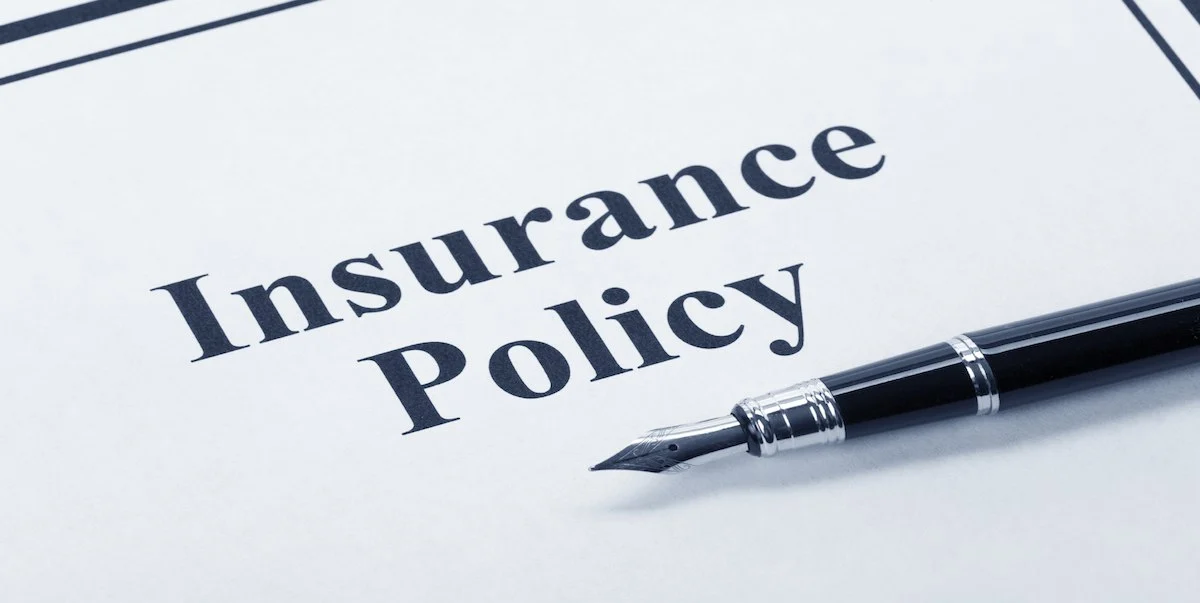Insurance policies are crucial financial instruments that provide protection against unforeseen events. In this article, we will explore the intricacies of insurance policies, types, components, and their significance in financial planning.
Understanding Insurance Policies
At its core, an insurance policy is a contract between an insurer and the insured, detailing the terms under which the insurer agrees to compensate the insured for specific losses or damages. This contract outlines the coverage limits, exclusions, and responsibilities of both parties.
Key Components of an Insurance Policy
- Premium: This is the amount paid by the insured to the insurer, typically on a monthly or annual basis. The premium is determined by various factors, including the level of coverage, the risk profile of the insured, and the insurer’s underwriting criteria.
- Coverage: This specifies the types of risks or events that are covered by the policy. It can include property damage, liability, health-related expenses, and more.
- Deductible: This is the amount that the insured must pay out of pocket before the insurance coverage kicks in. A higher deductible usually results in lower premiums.
- Exclusions: These are specific conditions or circumstances that are not covered by the policy. Understanding exclusions is vital to avoid unexpected financial burdens.
- Limits: Insurance policies come with limits, which specify the maximum amount the insurer will pay in the event of a claim. It’s essential to be aware of these limits to ensure adequate coverage.
Types of Insurance Policies
Life Insurance
Life insurance is designed to provide financial support to beneficiaries upon the insured’s death. There are two primary types:
- Term Life Insurance: This policy provides coverage for a specified term (e.g., 10, 20, or 30 years). It is generally more affordable and does not accumulate cash value.
- Whole Life Insurance: This type offers coverage for the insured’s entire life and accumulates cash value over time. Premiums tend to be higher, but they can be seen as a long-term investment.
Health Insurance
Health insurance covers medical expenses incurred by the insured. It can include various plans, such as:
- Individual Health Insurance: This policy covers a single individual’s medical expenses.
- Family Floater Policy: This plan covers the entire family under a single sum insured, which is often more economical.
Auto Insurance
Auto insurance protects against financial loss in the event of an accident or theft. Key components include:
- Liability Coverage: Covers damages to third parties and their property.
- Collision Coverage: Covers damage to the insured’s vehicle resulting from a collision.
- Comprehensive Coverage: Protects against non-collision-related damages, such as theft or natural disasters.
Homeowners Insurance
Homeowners insurance protects against damages to the home and personal belongings. It generally includes:
- Dwelling Coverage: This covers the physical structure of the home.
- Personal Property Coverage: Covers personal belongings inside the home.
- Liability Protection: Covers legal expenses resulting from injuries to others on the property.
The Importance of Insurance Policies
Financial Security
Insurance policies play a pivotal role in ensuring financial security. They provide a safety net that can mitigate significant financial losses due to unexpected events. For instance, health insurance can prevent catastrophic medical expenses that could lead to bankruptcy.
Risk Management
Insurance is an essential component of risk management. By transferring the financial risk to an insurer, individuals and businesses can focus on growth and development without the looming threat of potential losses. This peace of mind is invaluable in today’s unpredictable environment.
Compliance with Legal Requirements
Certain types of insurance, such as auto and homeowners insurance, are legally mandated in many jurisdictions. Having these policies in place ensures compliance with local laws and regulations, thus avoiding legal penalties.
Peace of Mind
Insurance policies offer peace of mind, knowing that in the event of a disaster, there is a financial safety net to rely on. This reassurance can significantly reduce stress and allow individuals to focus on their daily lives.
Choosing the Right Insurance Policy
Assess Your Needs
Before purchasing an insurance policy, it’s crucial to assess your specific needs. Consider factors such as:
- Your financial situation
- Dependents and their needs
- Assets you want to protect
- Potential risks you may face
Compare Policies
Not all insurance policies are created equal. Take the time to compare different policies from various insurers. Look for:
- Coverage options
- Premium rates
- Customer reviews and insurer reputation
Consult with an Expert
Navigating the world of insurance can be complex. Consulting with a financial advisor or insurance broker can provide invaluable insights and help tailor a policy that suits your unique circumstances.
Conclusion.
Insurance policies are vital tools for financial protection, risk management, and peace of mind. Understanding the various types of policies, their components, and their importance allows individuals and businesses to make informed decisions that secure their financial futures. As we navigate the complexities of modern life, having the right insurance coverage is not just an option—it’s a necessity.



